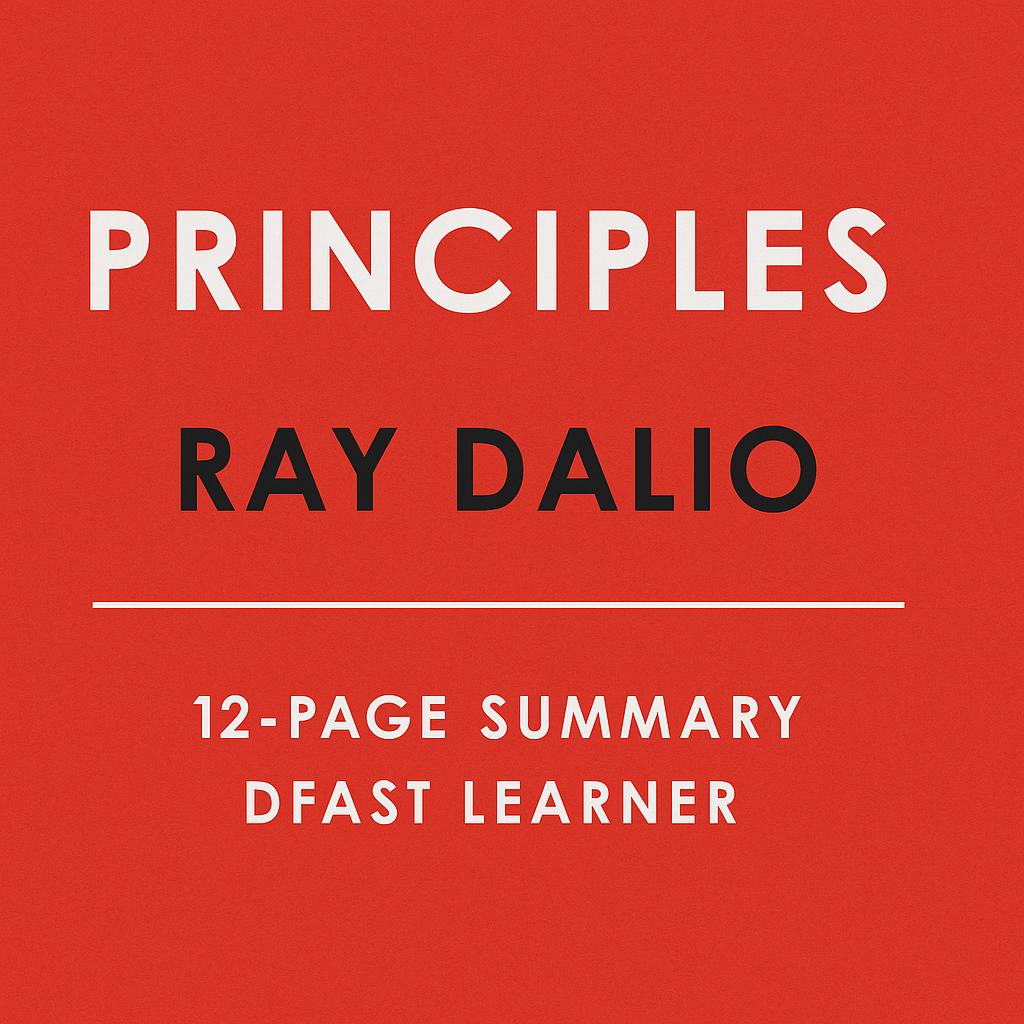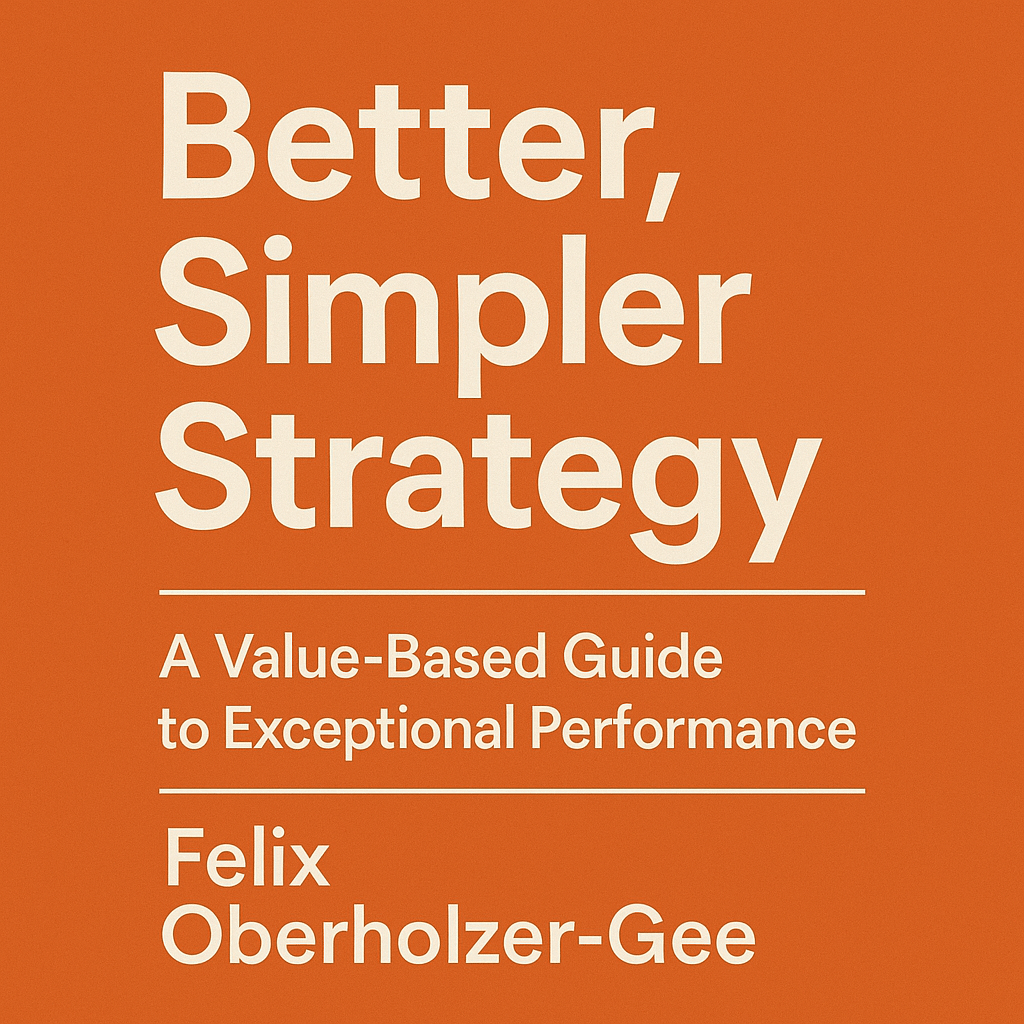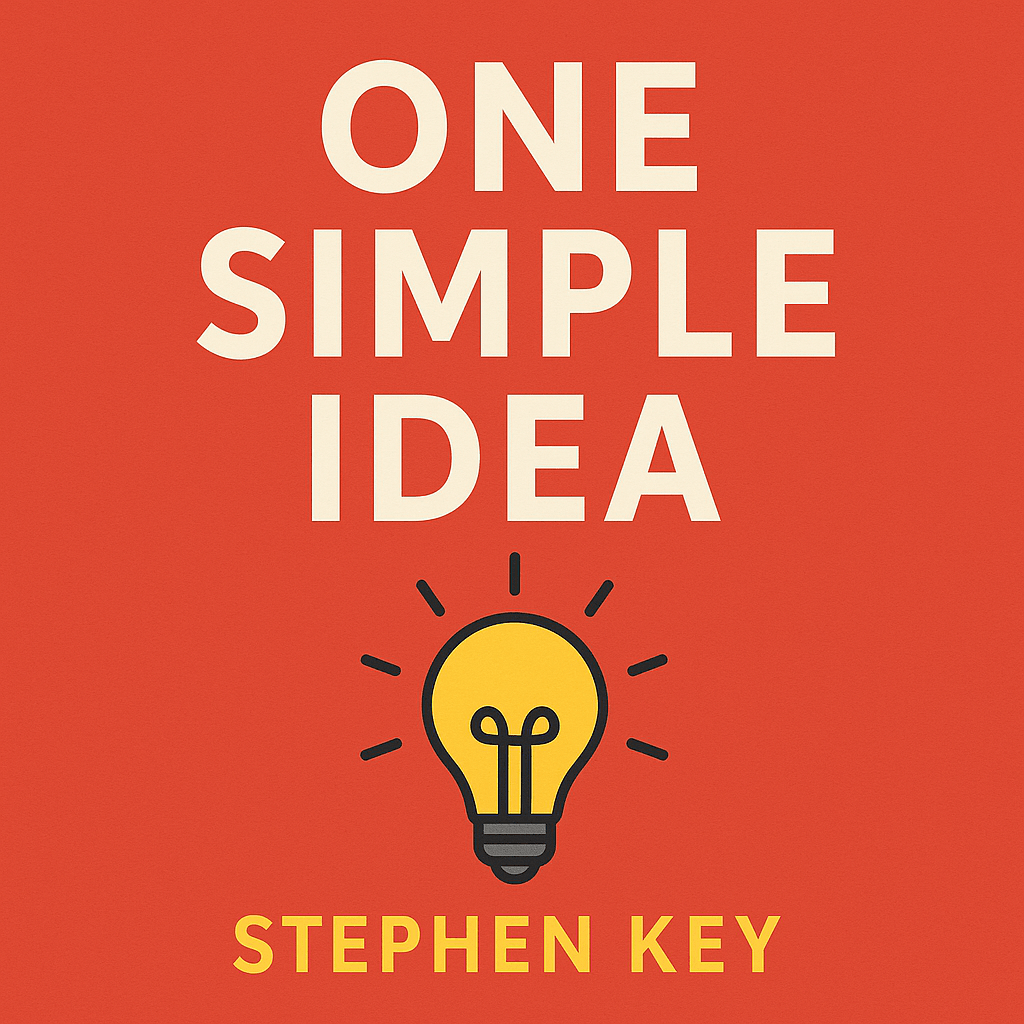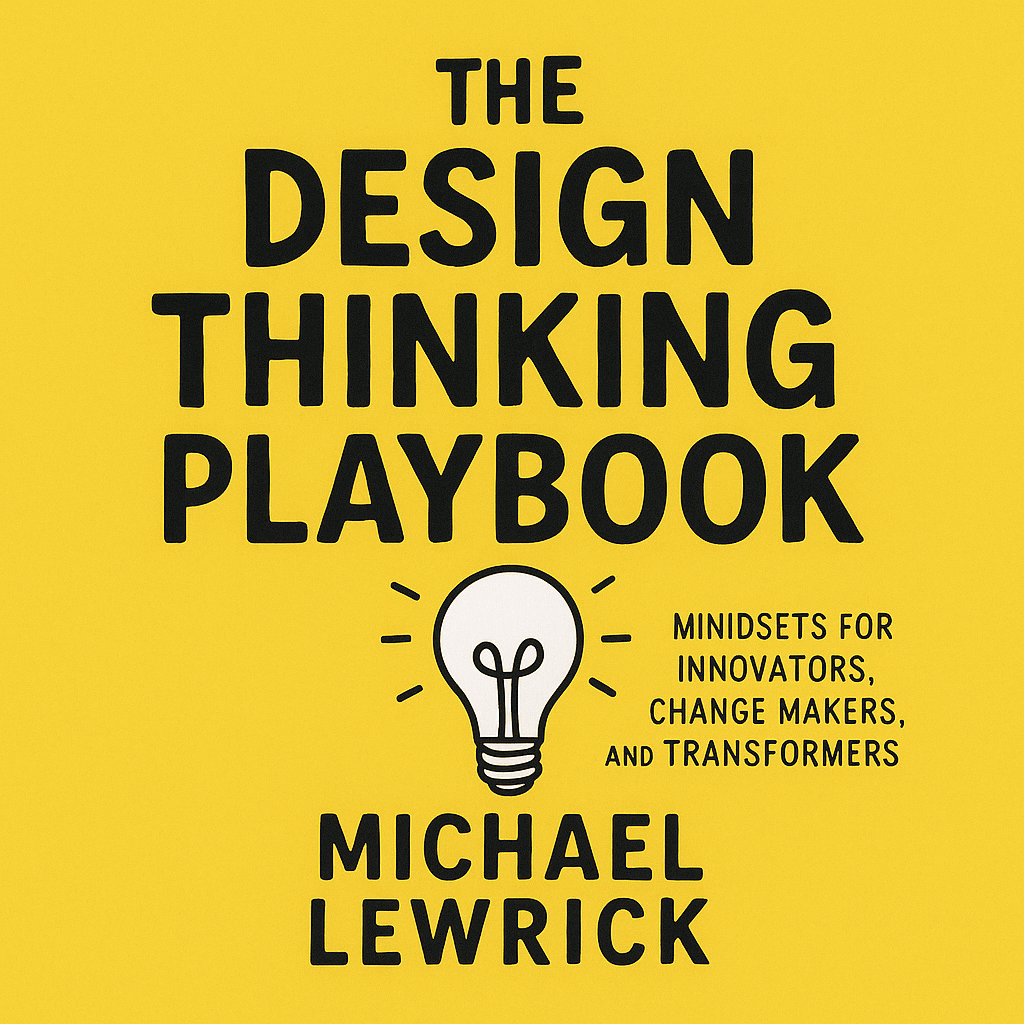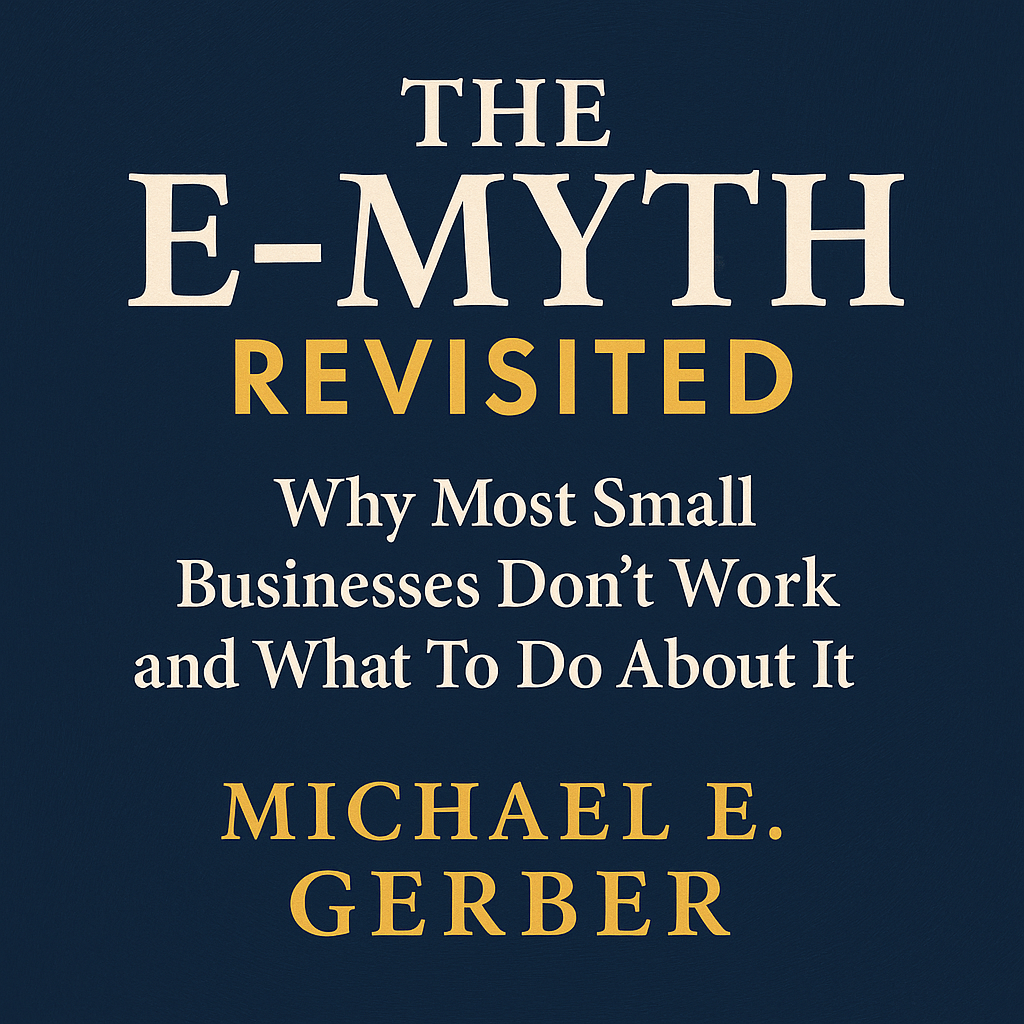
The E-Myth Revisited Why Most Small Businesses Don’t Work and What To Do About It
What's it about?

Book Overview
📘 Overview
The E-Myth Revisited (short for Entrepreneurial Myth) argues that most small businesses fail not because their owners aren’t skilled — but because they’re working in their business, not on it.
Michael Gerber explains that being good at a technical skill (e.g., baking, graphic design, plumbing) does not mean you know how to run a business that offers those services. And that’s where most small businesses fall apart.
💡 Big Idea
“The fatal assumption is: if you understand the technical work of a business, you understand a business that does that technical work.”
Gerber says this assumption is a myth — and believing it traps entrepreneurs into building businesses that depend completely on them, eventually burning them out.
👥 Three Personalities in Every Business Owner
Gerber introduces a powerful framework:
To succeed, you must balance three roles inside yourself:
The Technician – Loves doing the actual work (baking cakes, fixing engines, writing code)
The Manager – Organizes, systematizes, and brings order to chaos
The Entrepreneur – The visionary who sees the big picture, thinks long-term, and takes calculated risks
Most business owners live almost entirely as Technicians, ignoring the other two — and this imbalance leads to business failure.
🛠️ Key Concepts
1. Work On Your Business, Not Just In It
Step back from daily grind. Create systems, document workflows, and focus on scalability. Ask:
“Could this business run without me?”
2. The Turn-Key Revolution
Model your business like a franchise — even if you never franchise.
Build processes so anyone could follow them and deliver consistent results.
“Organize around business functions, not people.”
3. The Business Development Process
Gerber outlines three phases:
Innovation – Finding better, simpler, and more effective ways to deliver
Quantification – Measuring what works (and doesn’t)
Orchestration – Systematizing successful practices into repeatable processes
🧠 Why This Book Matters
Most small businesses don’t fail from lack of talent — they fail from lack of structure and systems.
Gerber’s approach helps you:
Shift from being self-employed to being a business owner
Build a company that can scale and operate without burning you out
Think like a CEO, not just a worker
🔁 Practical Takeaway
You must build your business as if you plan to franchise it — not so you can sell franchises, but so every part of it is replicable, consistent, and documented.
Even if it’s just you now, act like you’re designing the prototype for a hundred other people to succeed.
💬 Standout Quotes
“Your business is not your life.”
“The purpose of your life is not to serve your business, but for your business to serve your life.”
“If your business depends on you, you don’t own a business — you have a job. And it’s the worst job in the world.”
